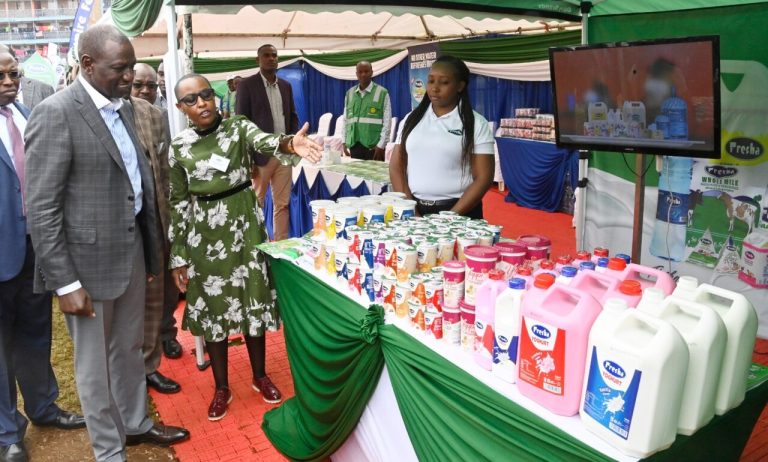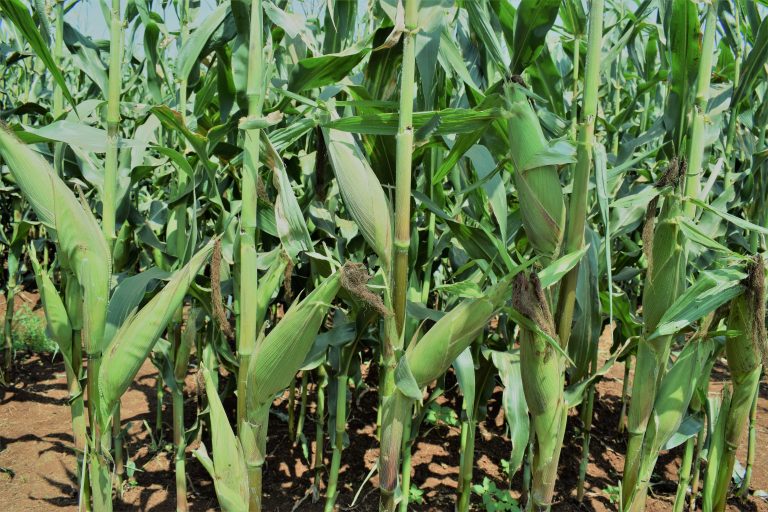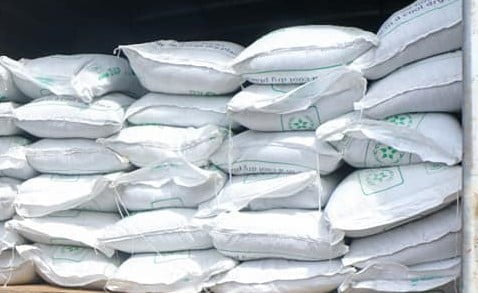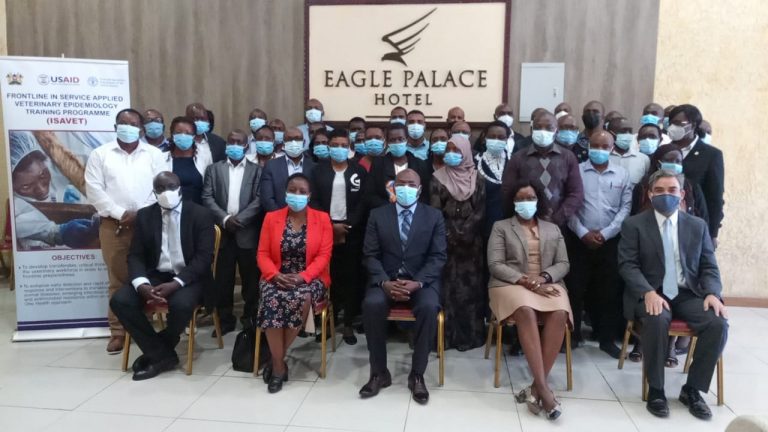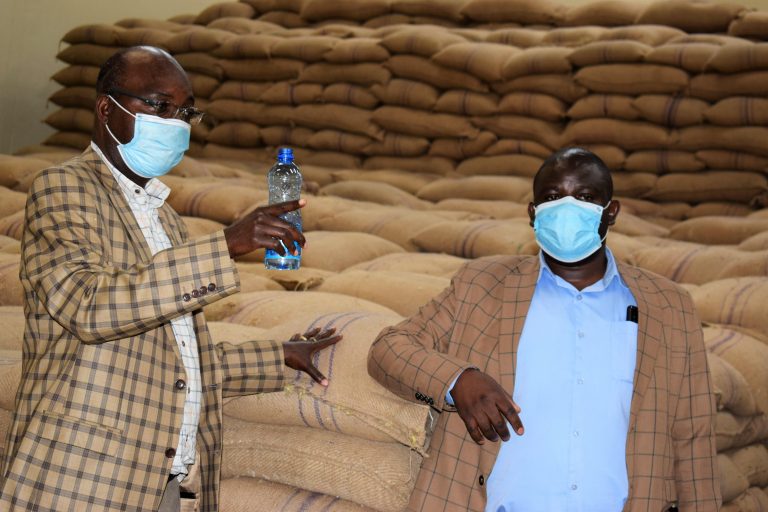The emergence of the Coronavirus pandemic has disrupted market activities across the country, in turn, inconveniencing farmers who sell their produce there. The situation has been made worse by the requirement of keeping a social distance between the traders which calls for a lot of discipline.
The County governments have found themselves between a rock and a hand place trying to balance between preventing the pandemic and making sure the traders operate. The markets play an important role in the food value chain as they sell directly to the consumers. Some of these markets also sell farm produce in wholesale to smaller traders who in turn sell in retail at their local shopping centres and estates. These are the ones we commonly refer to as “Mama mboga”. The Mama mbogas are popular especially in towns as people who rely on monthly salaries count on them to give them food on credit promising to pay at the end month. There is a common joke in towns that if you are in bad terms with the local Mama mboga you risk sleeping hungry.
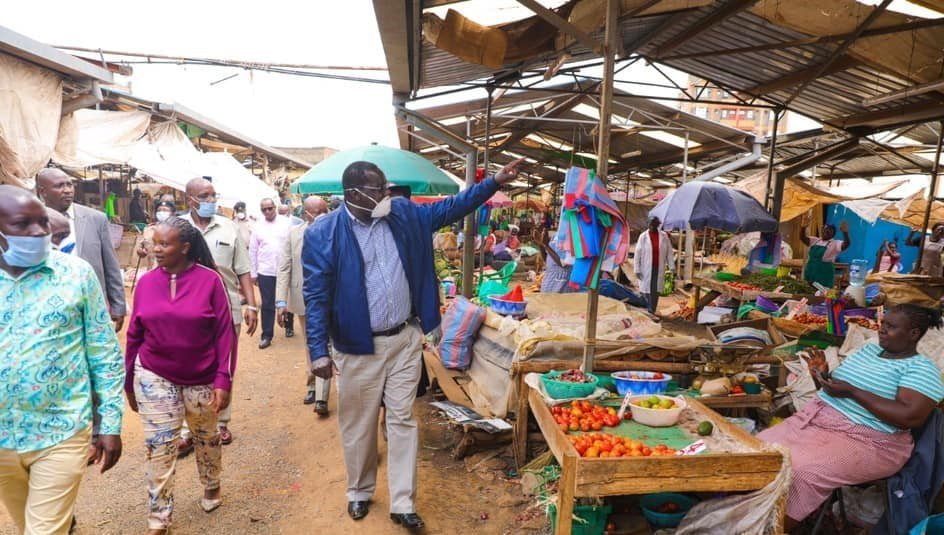
Some County governments like Kiambu, Narok, Kisumu, Busia, Mombasa and others made the drastic actions of closing down markets.
In Kiambu, Governor James Nyoro has closed Wangige, Kinoo, Limuru, Gitaru and Kikuyu markets. The markets serve a huge population as they are near Nairobi. Kiambu is often referred to as the “bedroom” of Nairobi as a huge population that works in Nairobi reside at the county. Governor Nyoro says that he had no choice but to close the markets as the traders were uncooperative when they were told to practise social distancing.
An exception has been Juja market which has been operating normally. The Governor has praised traders who ply their trade at the market for making arrangements to reduce congestion even before the County government intervened. “We have no reason to close the market as the traders under their Chairman have made the appropriate plans to decongest and sanitize. We will now make plans to bring thermometers at the entrance to test people as a precaution. I call upon the market Chairman to continue with good arrangements and congratulations” says Nyoro.
The Juja traders first ensured there was a central entry point for easy management of the buyers and sellers. They also agreed to be selling in shifts with a few traders working per day. Sanitizing in the market is a must and the traders have gone to the extent of having their marshals to ensure compliance in the market. The marshals are wearing reflective jackets written “Anti-Covid Executive Juja Market” and they are stationed in various places to ensure there is total compliance. Perhaps other traders will take a cue from them and avoid a lockdown.
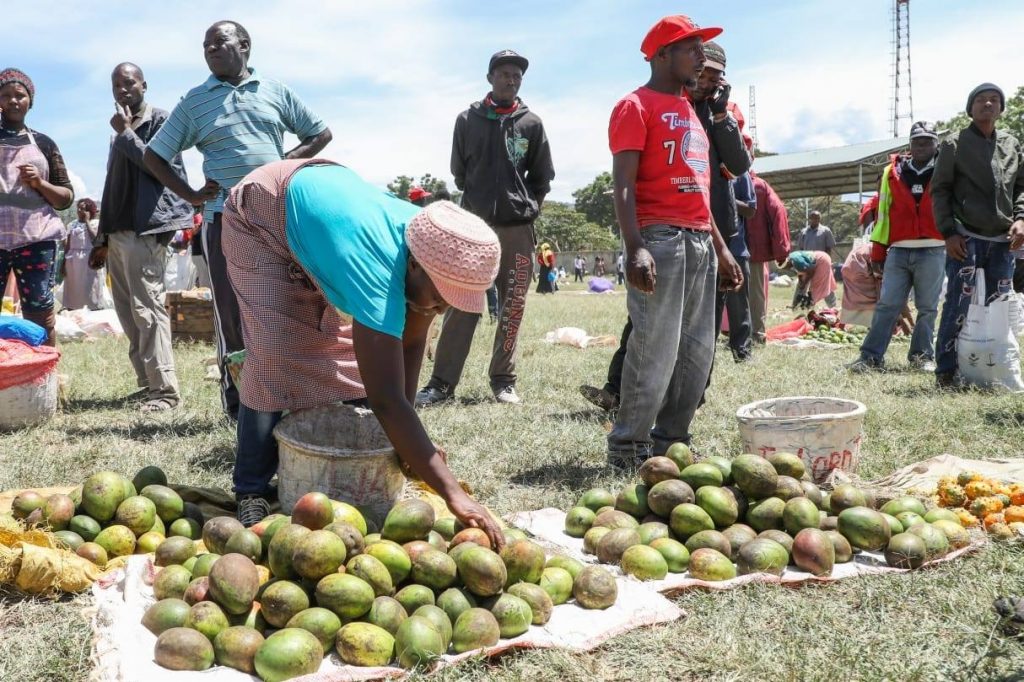
Other counties like Nakuru County Government made arrangements to decongest the markets by distributing traders to several places within the county. Traders at the popular Wakulima market in Nakuru town both wholesalers and retailers have been moved Afraha Annex area. Traders at Nasha market have been moved to Afraha main stadium, those at Kipanga and Stima line to Rhonda and Githima markets respectively. The county government has also said it will open Mawanga, Kiratina and Teachers markets to accommodate traders who operate on roadsides within these areas. In Naivasha town, wholesale traders have been moved to site area while all fresh food traders in Gilgil town are expected to operate from the main market. Wholesale traders in Molo town have been moved to a new location opposite Molo Social Hall. The county government says it will provide social amenities like toilets, clean water, security, lighting, solid waste management, grading and levelling where necessary etc. The vacated markets will be fumigated.




